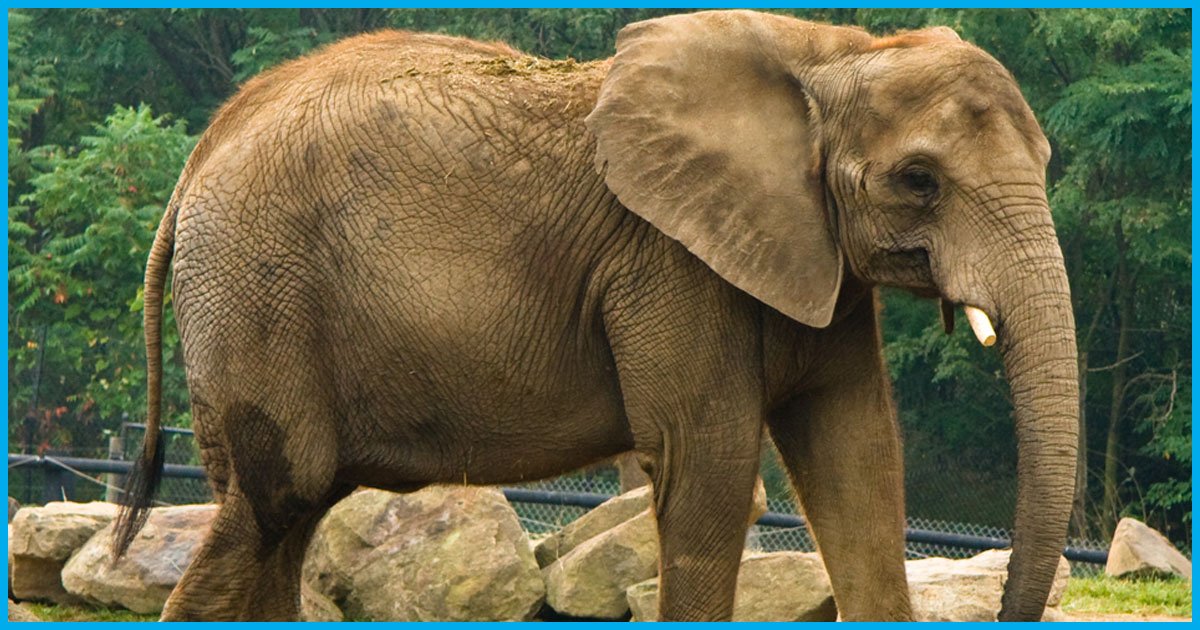
The Shutting Down Of World’s Biggest Ivory Market: A Positive Step Towards Preserving Animal Rights
1 Feb 2018 1:03 PM GMT
In a remarkable move, lawmakers of Hong Kong voted to ban the trade in ivory completely – a big step towards saving elephants from extinction. Campaigners who enormously fought for the cause rightly described the move as “a lifeline for elephants”. Ivory sales will completely cease in Hong Kong by the year 2021. This comes as a result of a massive demonstration by the campaigners who gathered outside Hong Kong legislature with signboards that read, “Do you need ivory chopsticks?” reported the BBC News. Bert Wander of the global advocacy group Avaaz said as quoted by the BBC, “Shutting down this massive ivory market has thrown a lifeline to elephants”.
An insight into Hong Kong’s Ivory Market
The Chinese market has the most abundant traders of ivory and steers enormous elephant poaching in Africa. About 30,000 elephants are annually poached in Africa to be traded in China. The trade of ivory has been prevailing in China for 150 years now. According to a Hong Kong-based conservation group Wild Aid, former British colony had 670 tonnes of ivory stock in the year 1989. This was the time when the global ivory trade was banned. However, ivory, dating before that period was supposed to be sold in the markets, but illegal trade under the garb of legal activities cannot be checked.
What does “gradual ban” mean?
The ivory trade in China will cease gradually in three stages. In the first phase, the ban shall be applied on hunting trophies and ivories after 1975. In the second stage, trade of all ivories before the year 1975 will also be banned. 1975 was the year when International Trade in Endangered Species of Wild Fauna and Flora (CITES) took effect. The new law made on the trade of ivories also suggests that illegal traders, offenders, violators of the new ivory law or offenders could be measured with the fine of HK $10 million or a long imprisonment of 10 years. Earlier the punishment for offenders was just two years.
What does it mean for the campaigners?
The winding down of one of the most massive ivory markets that hailed for at least a hundred and fifty years is a step that is being upheld unanimously by all animal rights activists. According to Alex Hofford of WildAid, the gradual ban on ivory trade is a significant moment in the history of animal conservation. Other activists feel that the ban should not allow such a long time for the ivory market to shut down gradually.
The Logical Indian Take
The Logical Indian is in complete favour of the ban upon the ivory trade in China. We believe that the same law must also be applied in the United States that remains one of the largest traders of ivory in the world. Had poaching of elephants stayed unrestricted, the species could have possibly been extinct a couple of generation down the line. We also believe that any social high headedness or elitism that people apparently assume upon themselves by keeping ivory showpieces are redundantly flawed in front of ethical treatment of animals.
 All section
All section













